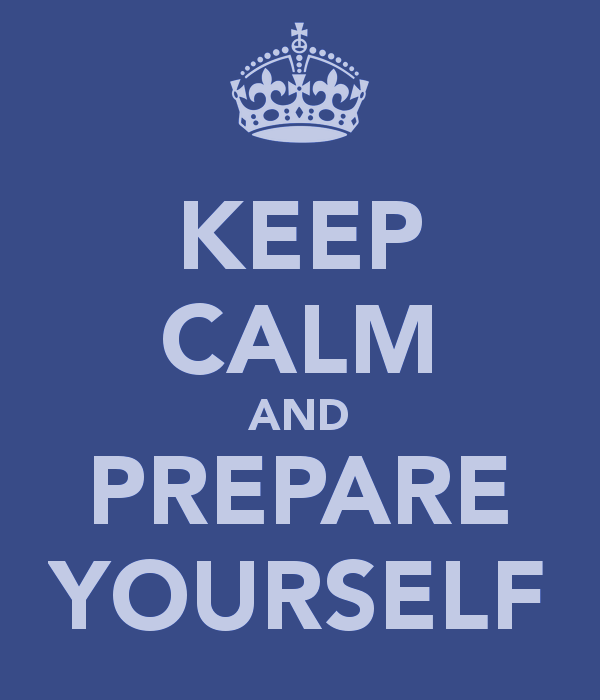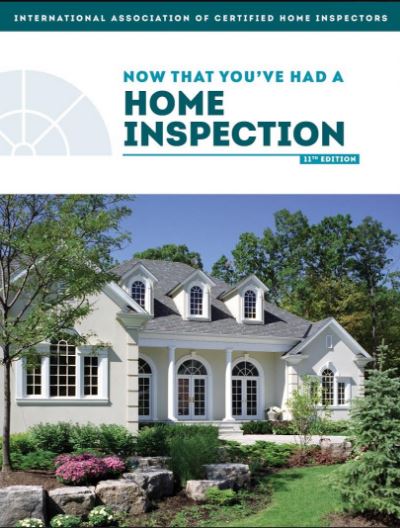Most serious mortgage lenders require a home inspection prior to purchasing a home. And there are different ways that buyers and sellers can prepare for a home inspection once a home inspector has been selected. In this article I’ll focus on what a buyer can do in order to maximize the benefits of the inspection. The following are some key questions regarding pre-purchase inspections:
What’s included in a standard, licensed home inspection? Are environmental issues included in a standard home inspection? How can I prepare for a home inspection as a home buyer? What should I do before an inspection? What should I bring to a home inspection?
1. Know What’s Involved – First, it’s important to understand that licensed home inspectors may only report on readily accessible and observable conditions and cannot legally poke invasive holes or pry up materials. And the inspector is required to observe and report on any deteriorated and/or damaged structural components, including the following: The building foundation and framing; the floor structure. the wall structure, the ceiling structure, and the roof structure. Additional services may include such things as water testing and EMF radiation readings on a microwave and nearby high-power electrical lines. The official Standards of Practice for home inspectors outlines the scope of work regarding what is entailed in a standard home inspection. Special kinds of inspections, for example, mold testing, are beyond the standard scope and can be requested if it seems that there is a problem either before the general inspection or after. SHI will also include certain additional tests for free in the inspection above and beyond the official requirements. For example, EMF radiation tests are standard for all SHI inspections, if there is an applicable situation. Also, per NY State laws, a Pre-inspection Agreement must be signed by the client prior to the actual inspection.
2. Make a List of Questions – Because you are the one hiring the home inspector, you have a right to ask for special attention on any issues you wish to focus on. For example, if you are especially concerned about moisture and mold issues in the basement, many inspectors have a moisture meter that can detect above-average and unsafe levels of moisture in wood structural members. SHI, for example, can do this if there seems to be a moisture problem. You can also ask your lawyer and real estate agent about any potential issues that would require special attention. For example, there might be a concern about a buried oil tank in the yard of older houses. There are often signs of this in a basement.
3. Is the House Ready? – It is most helpful when the heating system is on and running and any pilot lights are on in winter and that the water system is turned on outside in warmer weather. And it’s also good to make sure that there is no clutter blocking important areas, such as the attic, mechanical equipment and garage walls. Although this is normally considered the responsibility of the owner and real estate agent, it does not hurt to check on such issues yourself and make sure that the house will be as prepared as possible.
4. Being Present can Help – A home inspection is basically a a detailed introduction to your new home and its idiosyncrasies. SHI prepares reports with 20-40 photo pages that make the issues as clear as possible. Nevertheless, there are instances when it can be beneficial to be at the location to see first-hand how something works and to better understand why something may be a potential problem. Keep in mind that an average home inspection takes about 2 ½ hours. You don’t have to be present for the entire inspection, but a concluding summary review meeting can be very helpful. Sometimes a home owner will want to be present, but this may make the home buyer uncomfortable. Because the home buyer is commissioning the inspection, the preferences of the home buyer should be top priority. It may be that the seller’s real estate agent can be present in lieu of the owner, as an alternative. Try to have these kinds of details worked out with the respective parties involved before the inspection takes place.
5. Bring a Pen and a Pad – During the home inspection you can ask the inspector about any concerns and questions. Being able to take notes will be very helpful. You might also want to take some key measurements of the house for your own planning.
Conclusion
A home purchase is one of the riskiest and most important financial decisions a person or family can make. It’s important to approach the subject with a bit of due diligence and preparation. If you have any questions about buying a home or evaluating a home’s condition, please don’t hesitate to contact me at my email or cell number: 631.377.2046.
Tags: Prepare for Home Inspection, How to get ready for home inspection, how to buy a home, what’s included in a standard, licensed home inspection? environmental issues not included in a standard home inspection, How to prepare for a home inspection as a home buyer, What to do before an inspection? What to bring to a home inspection?


